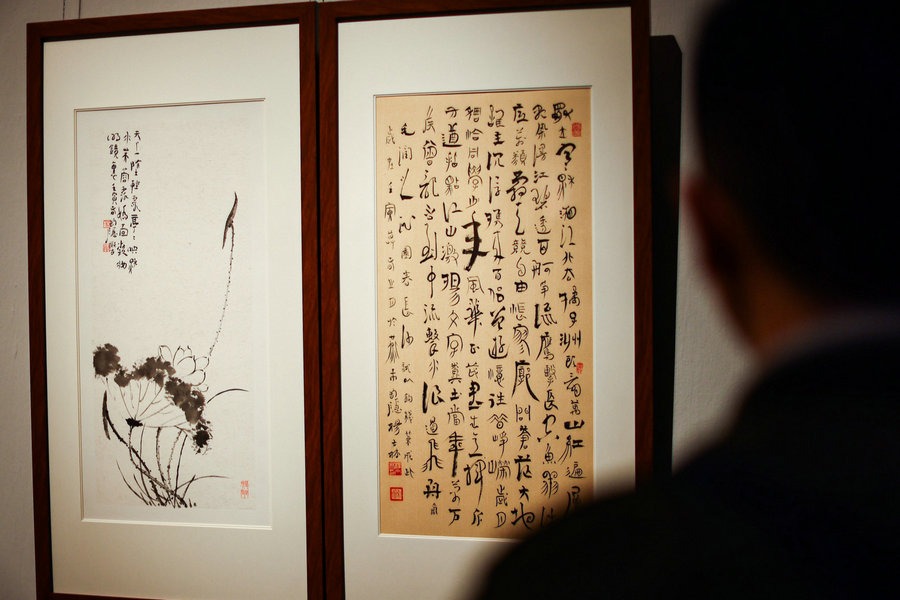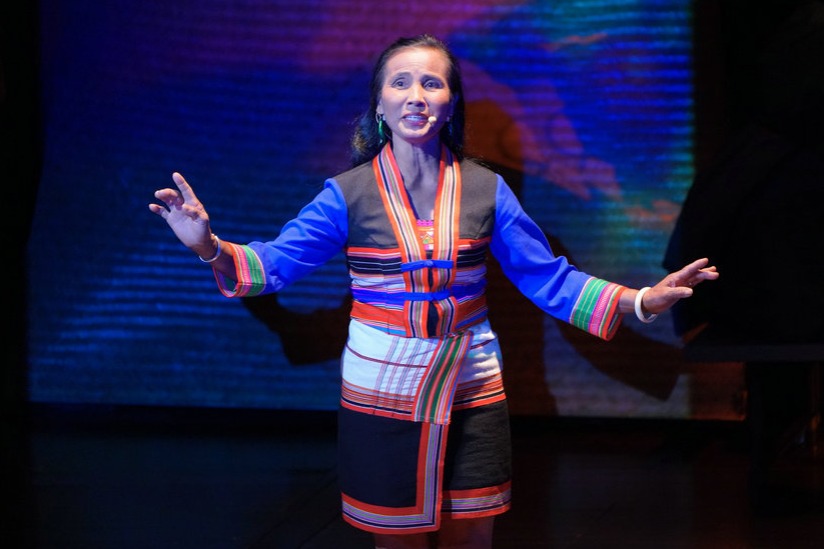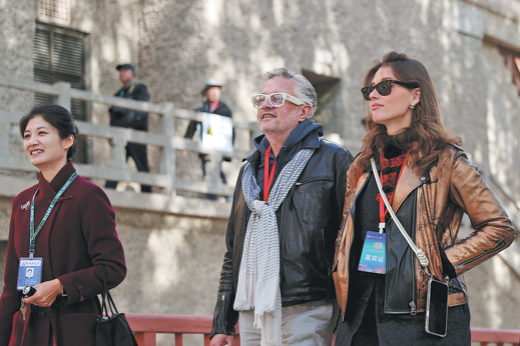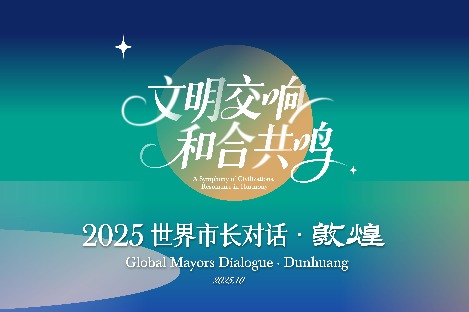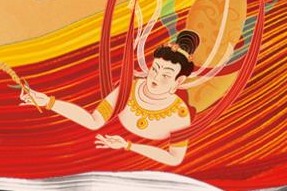Russian philosopher Dugin hails China's civilizational model

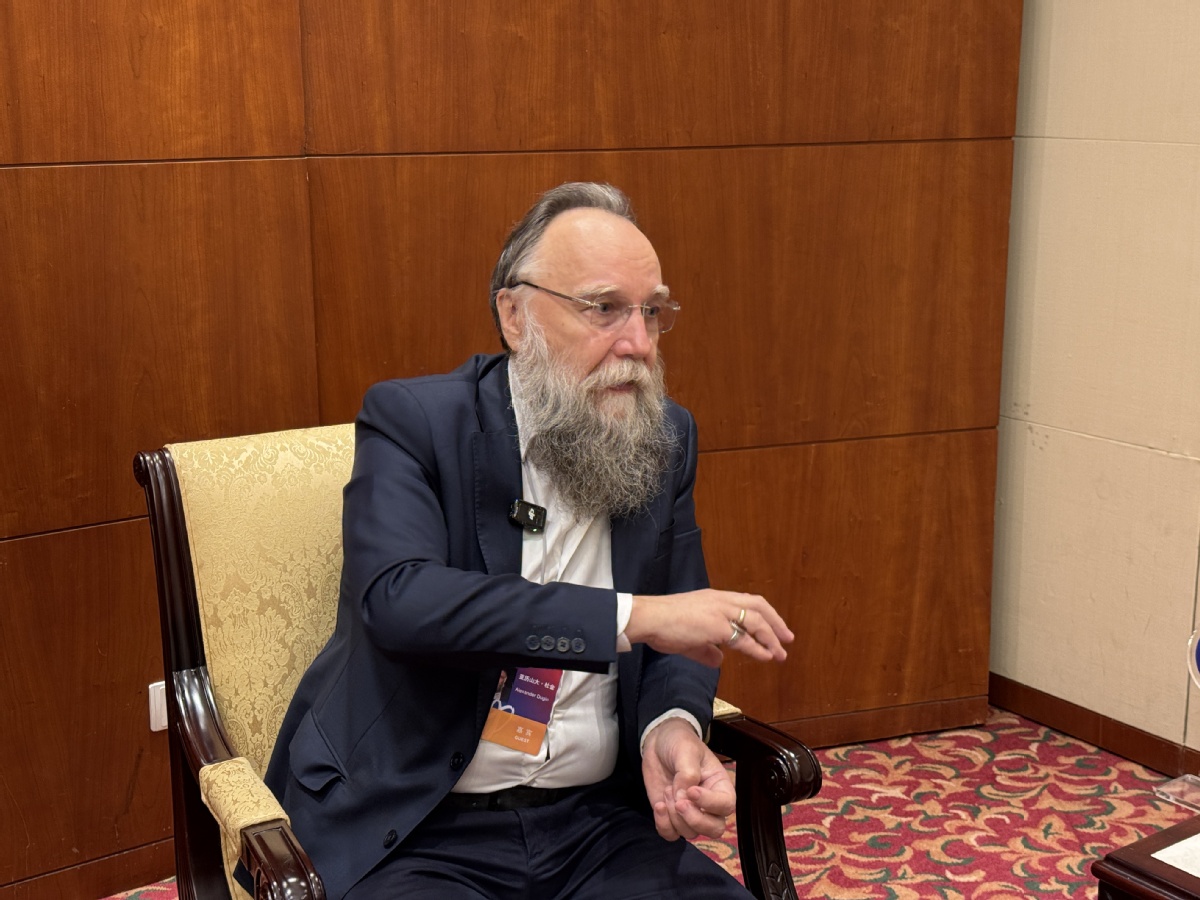
Russia's prominent philosopher and social activist Alexander Dugin praised China's unique civilizational development and its role in shaping a multipolar world order, while offering insights into how Chinese cultural traditions have contributed to the country's remarkable rise.
In an exclusive interview with China Daily on Wednesday during the 2nd World Conference on China Studies in Shanghai, Dugin described China as "one of the most beautiful, most complete, most perfect examples of a civilization state" and credited the country's success for making a multipolar world order possible.
"Multipolarity is possible because of China, because of such successes that your country, the Chinese people, and the Communist Party of China have accomplished in the last decades," Dugin said, emphasizing how China's rise has opened opportunities for other nations from the Global South to emerge as significant poles of power.
The philosopher, who has been developing his theory of multipolar worlds for decades, sees the BRICS grouping as a practical confirmation of his theoretical constructions. "BRICS is rising, emerging multipolarity," he noted, adding that this development echoes a departure from the previous Western-dominated unipolar order.
"I think the decisive element precisely in the return of the civilizations was China," he said. "I was inspired by China. I love China very much. I admire China."
Dugin particularly emphasized the role of traditional Chinese culture, especially Confucianism, in China's contemporary success.
"I think the Confucianist attitude to life, society, and culture was one of the main, most important elements of the real civilizational growth and restoration of China," he explained.
According to Dugin, China's development model transcends Western political theories. "You have something much more than just following strict rules imposed by the West. You are very creative in which native in your politics," he said. "It is impossible to qualify China in the very narrow logic or Western political sense."
"We have a very serious tradition of Chinese studies and Russian science. We tried to understand China as an independent civilization without this universalist Western approach," he added. "We need to really discover China."
He noted that Western scholars observe how the Communist Party as a political elite rules the mass of consumers and economic entities, but they couldn't understand why it works so perfectly and brilliantly. "I think because they miss the cultural dimension."
The philosopher said that China's market economy distinctly incorporates traditional values and ethical principles. "What is absent in China's capitalism is the hatred, the desire to establish your prosperity on the suffering of others. That is an absolutely anti-capitalist approach," he noted.
Addressing the role of young people, Dugin emphasized the importance of maintaining traditional values while preparing for adult responsibilities.
"There is a message to the full-scale, responsible life of a grown-up human creature that should be the goal of the youth," he advised. "Youth should be traditional. You should stop being revolutionary or self-indulgent."
The philosopher called for a deeper understanding of China in Russia and globally, suggesting that China studies should focus on both historical and future perspectives. "China is something future. We need to study China as the past, but much more as the future," he stated.
- Former Italian PM calls for new initiatives to strengthen Europe-China relations
- Global Sinologists gather in Shanghai for China studies conference
- China studies connect country with the world
- China studies central to world thought, experts say
- 2nd World Conference on China Studies opens in Shanghai



















